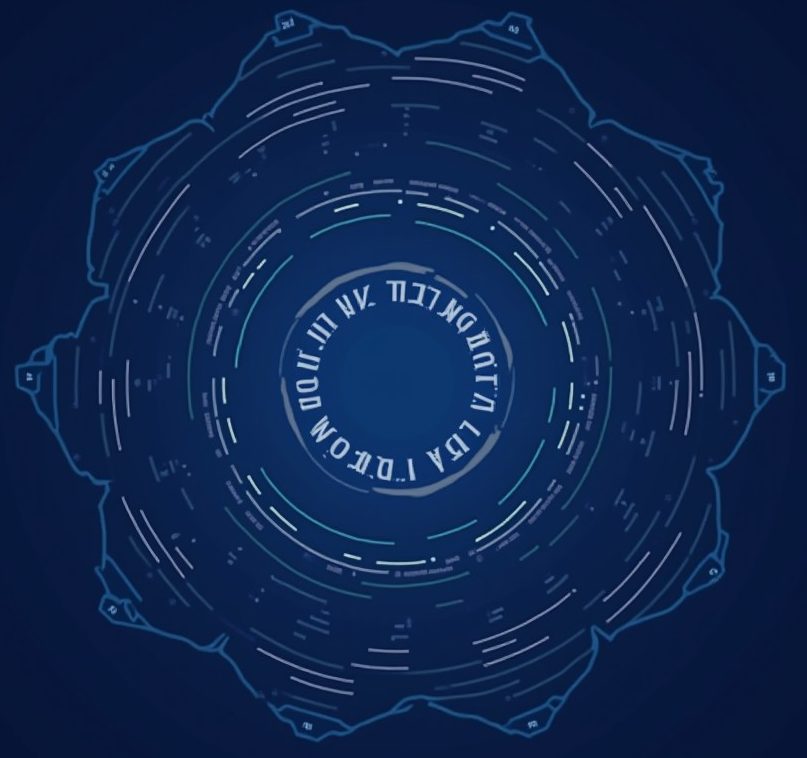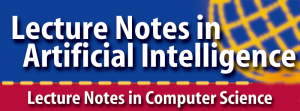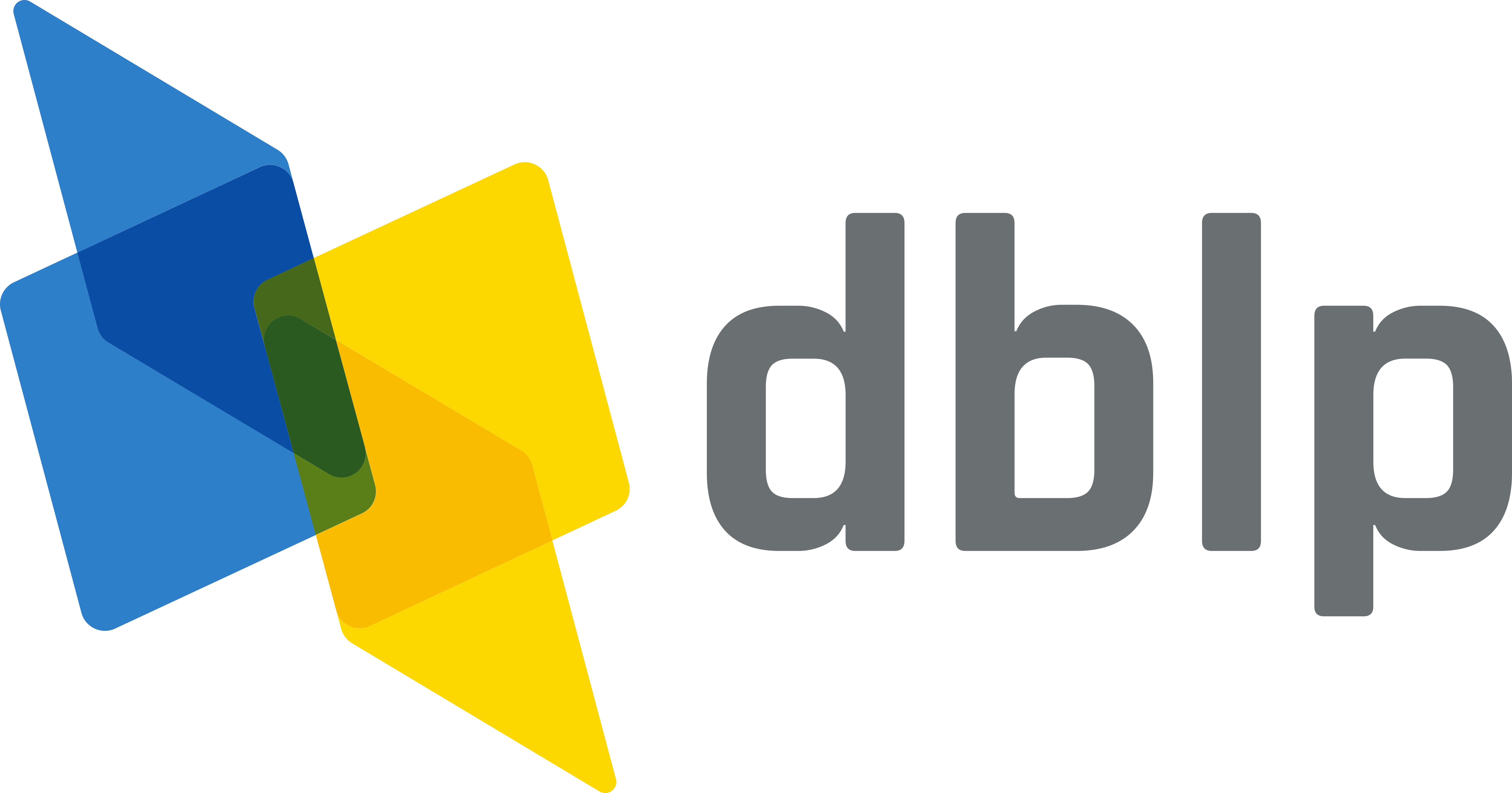The EPIA 2025 international conference
Ambient Intelligence and Affective Environments (AmIA)
Thematic track of the 24th Portuguese Conference on Artificial Intelligence (EPIA 2025)
October 1-3, 2025, Faro, Portugal.
Webpage: https://epia2025.ualg.pt/
Nearest deadline
|
Notification of paper acceptance: |
July 4, 2025 |
Important dates
|
Camera-ready papers deadline: |
July 14, 2025 (AoE) |
|
|
Early registration deadline: |
July 18, 2025 (AoE) |
|
|
Late registration deadline: |
August 14, 2025 (AoE) |
|
|
Conference: |
October 1-3, 2025 |
Proceedings and presentation
- Accept papers will be included in the conference proceedings as long as at least one author is registered in EPIA 2025 by the deadline of early bird registration.
- EPIA 2025 proceedings are indexed in Thomson Reuters ISI Web of Science, Scopus, DBLP and Google Scholar.
Introduction
Ambient Intelligence (AmI) is a paradigm emerging from Artificial Intelligence (AI), where computers are used as proactive tools assisting people with their day-to-day activities, increasing human experiences.
Affect and social behaviour play an important role in the development of Ambient Intelligent Environments. Consideration of aspects like emotions, mood, personality traits, and attitudes in human-computer, human-robot, and human-environment interaction, especially insofar, as they provide better or more “natural” support for humans. These environments should be aware of the people’s needs, customizing requirements and forecasting behaviours.
AmI environments may be highly diverse, such as homes, offices, meeting rooms, schools, hospitals, control centres, transport facilities, tourist attractions, stores, sport installations, or music devices, among others.
Topics of interest
In the thematic track on AmIA Environments we intend to bring together researchers from the different addressed fields, discussing issues under the Artificial Intelligence topics included in the context of Ambient Intelligence and Affective Environments. Researchers are welcome to present both theoretical and practical works as well as the lessons learned with their application in the varied range of domains. Emphasis will be placed on the presentation of concrete systems, discussion of implementation and development challenges, and sharing of relevant results and conclusions.
To fulfil these objectives, submissions of substantial, original, and previously unpublished work are invited in all areas of Ambient Intelligence and Affective Environments. The topics of interest include, but are not limited to:
- Applications
- Ambient Assisted Living
- Ubiquitous Computing
- Artificial Intelligence for AmI
- Intelligent Environments
- Pervasive Computing
- Context Aware Computing
- Agent & Multi-Agent Systems for AmI Mobile Computing
- Sentient Computing
- e-Health
- Context Modelling
- AmI for e-Learning
- On-line Dispute Resolution
- Memory Assistant
- Computational models of emotions
- Group Emotion
- Affect and learning
- Artificial characters
- Affect and emotion recognition
Organizing committee
- Manuel Rodrigues, Universidade do Minho, Centro ALGORITMI/LASI
- Luís Conceição, Instituto Superior de Engenharia do Porto, Portugal
- Sara Rodríguez, University of Salamanca, Spain
- Peter Mikulecky, University of Hradec Kralove, Czech Republic
- Goreti Marreiros, Instituto Superior de Engenharia do Porto, Portugal
- Paulo Novais, Universidade do Minho, Portugal
Programme committee
- Jean-Michel Ilie, LIP6, Univ. Pierre et Marie Curie
- Vicente Julian, Universitat Politècnica de València
- Hoon Ko, Sunmoon University
- Ichiro Satoh, National Institute of Informatics
- Florentino Fdez-Riverola, University of Vigo
- F. Amílcar Cardoso, DEI, CISUC, University of Coimbra
- Javier Jaen, Universitat Politècnica de València
- Luis Macedo, University of Coimbra
- Ricardo Santos, ESTG/IPP
- Shinichi Konomi, The University of Tokyo
- Tatsuo Nakajima, Waseda University
- Jose M. Molina, Universidad Carlos III de Madrid
- Antonio Fernández-Caballero, Universidad de Castilla-La Mancha
- Miguel J. Hornos, University of Granada
- Fernando De La Prieta, University of Salamanca
- Lino Figueiredo, ISEP
- Fábio Silva, University of Minho
- José Machado, University of Minho, DI, ALGORITMI/LASI
- Ricardo Costa, ESTG.IPP





